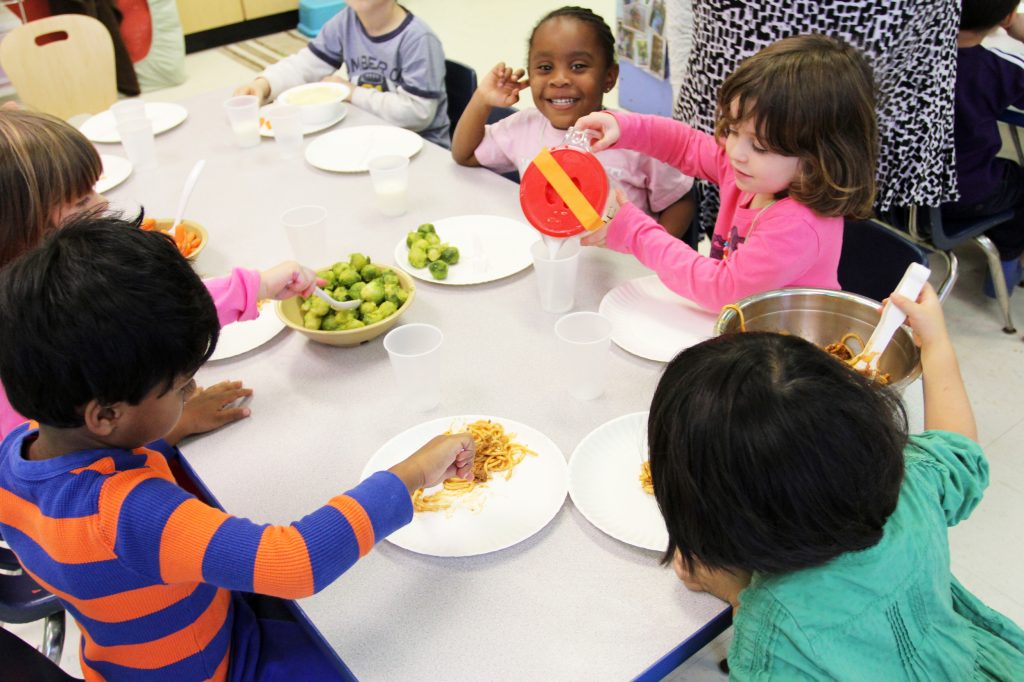From Farm to Fork – The Healthy School Food Collaborative Journey
In the realm of education, fostering healthy eating habits among students is not just about providing sustenance it is about nurturing their physical and cognitive development. Recognizing this, the healthy school food collaborative embarks on a journey that transcends the mere provision of meals, delving deep into the origins of food, its nutritional value, and the educational opportunities it presents. At the heart of this collaborative effort lies a commitment to sourcing ingredients directly from local farms. By establishing partnerships with nearby agricultural communities, the collaborative not only ensures the freshness and quality of the produce but also supports the local economy and reduces carbon footprint through shorter transportation routes. This emphasis on local sourcing extends beyond mere practicality it becomes a cornerstone of education. Students are not just consumers of food they are stakeholders in a broader ecosystem.

Through farm visits, they gain firsthand insights into agricultural practices, environmental stewardship, and the interconnectedness of food systems. These experiences spark curiosity, instill appreciation, and sow the seeds of responsible citizenship. However, the journey from farm to fork does not end with procurement. It continues through the culinary process, where the magic of transformation occurs. In school kitchens, dedicated chefs and nutritionists collaborate to craft menus that marry nutritional excellence with culinary delight. Whole grains, lean proteins, and vibrant vegetables take center stage, while processed ingredients and excessive sugars take a back seat. Yet, the collaborative vision transcends the mere act of serving meals. It aspires to create an immersive dining experience that nurtures both body and mind. Cafeterias are transformed into vibrant spaces where students gather not just to eat but to engage, learn, and connect. Nutrition education workshops, cooking demonstrations, and tasting sessions enrich their understanding of food and empower them to make informed choices. In the end, the journey from farm to fork is not just about nourishing bodies it is about nurturing futures.
Moreover, the collaborative recognizes the importance of community engagement in fostering lasting change. Parents, teachers, and local organizations are invited to join the conversation, sharing insights, resources, and support. Together, they champion the cause of healthy eating, advocating for policy changes, fundraising for kitchen equipment, and organizing community gardens. The impact of this collaborative journey extends far beyond the school gates. By nurturing healthy eating habits in students, the collaborative lays the foundation for lifelong wellness. It equips them with the knowledge and skills to make nutritious choices, not just in school but in every aspect of their lives. These ripple effects extend to families, neighborhoods, and society at large, creating a culture of health and vitality. Yet, the journey of the healthy school food collaborative is not without its challenges. It requires unwavering commitment, creative problem-solving, and relentless advocacy. Budget constraints, logistical hurdles, and entrenched dietary habits pose formidable obstacles along the way. However, the HSFC school food program meets these challenges with resilience and resourcefulness, drawing strength from its shared vision and collective determination.